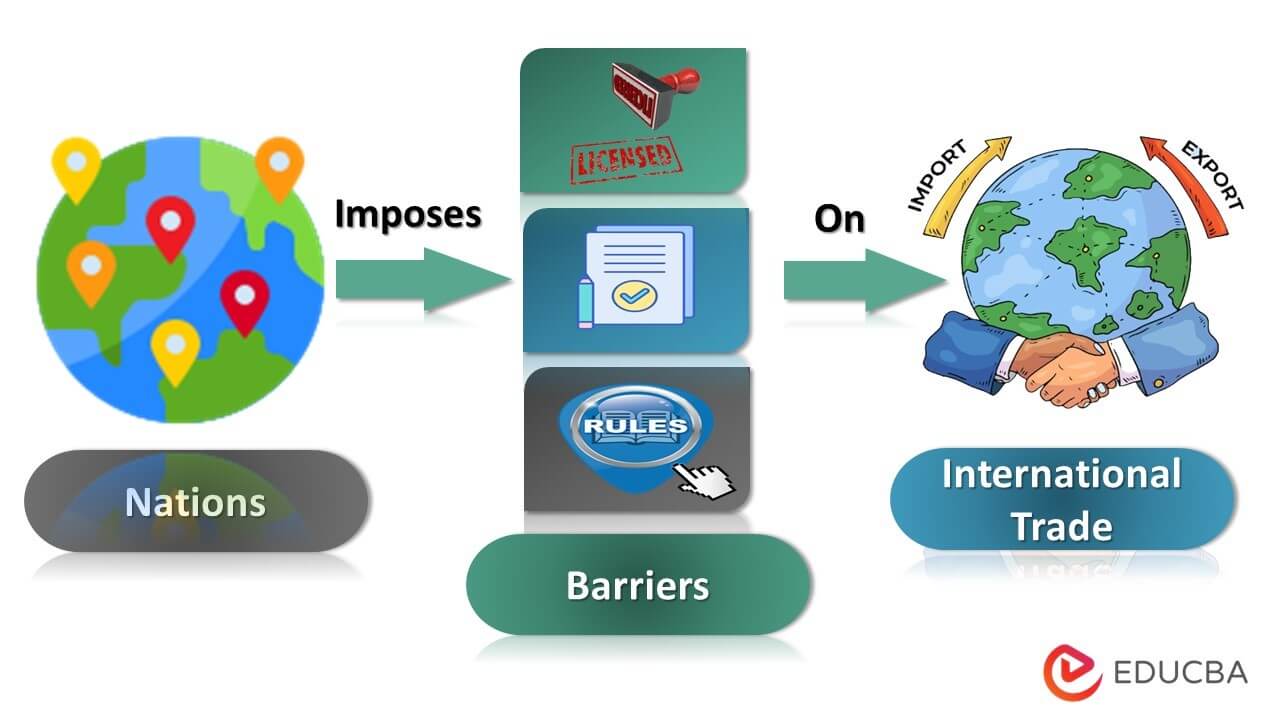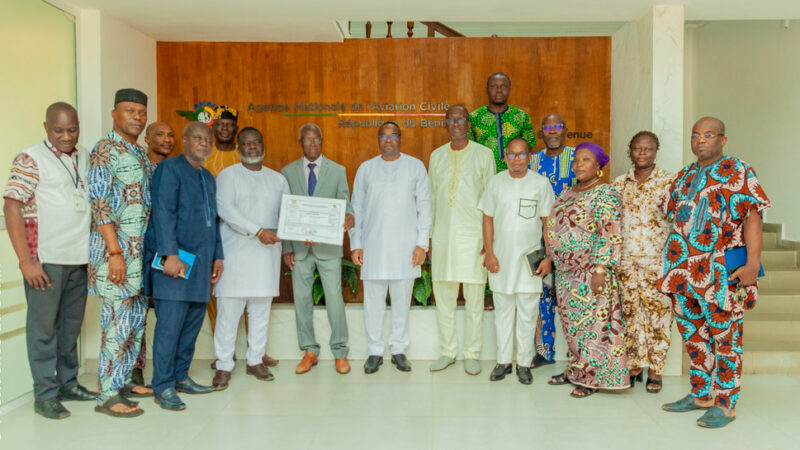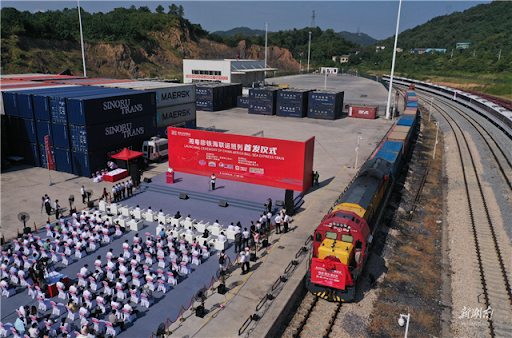Africa: Removing Non-Tariff Barriers Through Efficient and Depoliticized Systems

Economic communities such as COMESA and the East African Community (EAC) are regularly confronted with the persistent problem of Non-Tariff Barriers (NTBs). Despite being repeatedly criticized and promised eradication, these barriers continue to hinder regional trade.
The debate has often focused on the supposedly “protectionist” nature of these obstacles. However, such a focus risks obscuring the deeper, more insidious cause of their persistence: administrative failure, overlapping mandates, and the erosion of trust between partner nations.
The Real Problem: Bureaucratic Dysfunction
Chronic congestion at key border posts, such as Malaba between Uganda and Kenya, is not merely a sign of political conflict; it reveals a profound systemic malaise. Trade is turned into an obstacle course by inefficient institutions, confusing administrative mandates, and fragmentation, trapping shippers and carriers in a maze of paperwork, arbitrary checks, and redundant inspections.
These bottlenecks are symptoms of agencies operating in silos, each jealously guarding its prerogatives. Borders, which should facilitate trade, have become chokepoints of inefficiency.
The Solution: Building Trust Through Systems
Rather than framing NTBs as a political tug-of-war between states, regional blocs should focus on establishing coherent and fail-proof regulatory systems.
True trust cannot be imposed; it must be built through:
- Predictable processes.
- Rigorous professional standards.
- Fully digitized procedures that limit officials’ discretionary power.
Simplifying border procedures—through shared databases, task automation, and transparent clearance mechanisms—would drastically reduce bureaucracy and streamline trade without requiring endless diplomatic negotiations.
The Urgency of Managerial Reform
Recent observations by Kenyan senators during visits to Malaba and Busia confirm this institutional decay: despite substantial tax revenues, infrastructure is often dilapidated and technologically under-equipped.
These dysfunctions are not isolated. Across the EAC and COMESA, bureaucratic inertia and piecemeal reform implementation contradict the declarations made at regional summits. As a result, intra-COMESA trade remains stuck below 14%, far from the goals of the free trade area and the African Continental Free Trade Area (AfCFTA).
The cost of this inefficiency is double: economic and reputational. Every hour a truck is delayed at a border results in lost competitiveness—a silent tax on African goods and an invisible tariff on the continent’s ambitions.
Protectionist tendencies do exist, but they flourish in the gaps created by inefficiency and corruption. A modern, technology-driven administration would make it far harder to conceal these practices under excuses of “reviews” or “technical delays.”
Depoliticize and Digitalize
At the recent COMESA summit in Nairobi, NTBs were once again described as the “biggest obstacle” to trade. Secretary-General Chileshe Mpundu Kapwepwe emphasized that digitalization and transparency are key levers to dismantle these barriers.
The solution requires:
- Harmonization of procedures.
- Complete digitalization of trade processes.
- Strengthening of accountability.
Most importantly, it requires depoliticizing NTBs, treating them for what they fundamentally are: managerial and systemic failures.
Regional integration will not be achieved through signing new treaties, but through competent and integrity-driven implementation of existing ones.
Africa’s borders do not need more rhetoric—they need functional systems. Without integrity, efficiency, and trust in border agencies, non-tariff barriers will remain a self-inflicted wound, undermining the continent’s prosperity.





